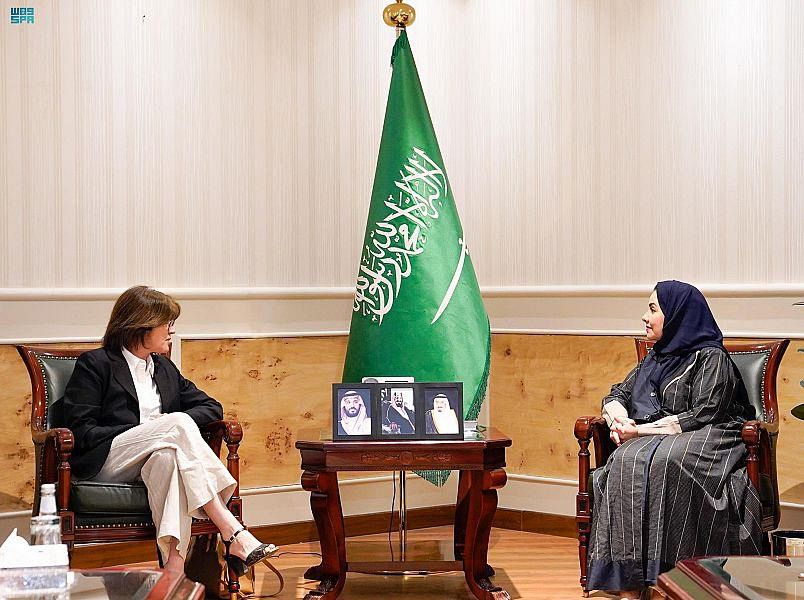
Yemen’s Interior Ministry found "compelling evidence" of agreed plans between leaders of terrorist groups such as al-Qaeda and ISIS and the so-called “Ansar Allah” to coordinate action against the Yemeni army with the support of Iran, according to an official at the ministry.
The plan aims to stop the advance of the army, to spread chaos and undermine security in Yemen, said the official.
The United States and a number of European Union countries offered to cooperate with the ministry to pursue these terrorist groups, and some countries suggested providing training assistance.
First Undersecretary of the Interior Ministry Maj. Gen. Mohammed bin Aboud al-Sharif told Asharq Al-Awsat that there is reason to believe that the three terrorist groups, Houthis, al-Qaeda and ISIS are cooperating to destabilize the country.
The undersecretary indicated that the evidence obtained by the ministry shows a coordination between the three entities: ISIS, al-Qaeda, and Houthis. He explained that each group has a role to play, including the clashes al-Qaeda and ISIS had initiated against the army in Radaa.
When asked about the financial support for such extremist groups, the Undersecretary said there is indication that Iran directly backs Houthi militias through Hodeidah port, and that Houthis act under Iranian orders when receiving the assistance.
"The Interior Ministry has reason to believe that the leaders of al-Qaeda and ISIS are now in Sanaa and have settled in the city without being pursued or monitored by the militias that cooperate with them in the Yemeni capital,” added Sharif.
The official stressed that all these extremist groups will soon be abolished in light of recent battleground advances made by the legitimate government to establish security and stability.
The Maj-Gen pointed out that the Ministry had been monitoring several sleeper cells which were earlier operating in some liberated areas, and most of them withdrew to Houthi-run areas.
He confirmed that the ministry recently succeeded in apprehending some of the cells that were involved in assassinations and explosions in liberated areas.
"The ministrys strategy is to monitor terrorist groups, arrest, and eradicate them from some areas where their presence affects security and stability,” he added.
The ministry had set, in its short-term strategies, to establish the states authority and control and achieve security and stability for its citizens in the liberated areas.
The ministry is also trying to restore ministry offices in liberated areas along with setting up security units capable of carrying out their required tasks.
The Undersecretary said that the main and direct security support comes from the countries of the Arab Coalition, namely Saudi Arabia and the UAE, "which support security and stability in Yemen and have exerted great efforts to restore stability in many liberated areas."
Sharif revealed that a number of friendly countries of the European Union, and some states that are concerned with security and stability in Yemen, have made several offers on coordinating support to pursue terrorist elements that affect the security and stability of the world, not only in the country.








